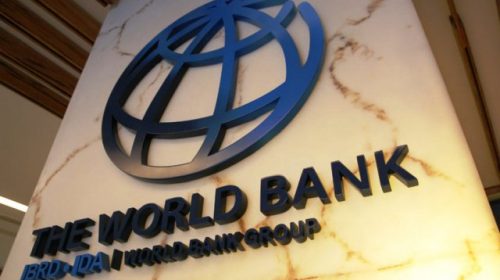External Reserves Depletion: IMF urges Nigeria To Increase Non-Oil Revenue

Following decline in nation’s external reserves, the International Monetary Fund has urged Nigeria to explore ways of increasing revenue outside its traditional base of oil proceeds.
According IMF Nigeria needs to be cautious about the use of its foreign exchange reserves, saying oil prices could decline at any time.
The nation’s external reserves have been declining in recent months, falling fell to $44.30bn on September 28 from $45.83bn at the end of August. The reserves dropped further to $43.52bn on Tuesday, October 9.
The Head, Emerging Economies Regional Studies Division at the IMF’s European Department, Anna Ilyina, at the ongoing Annual General Meetings of the IMF/World Bank in Bali, Indonesia, said Nigeria and other emerging market nations had come under pressure since April.
She warned that the advanced economies’ interest rate hikes were still at the early stages, adding that Nigeria should be cautious on the use of its external reserves now as global external conditions remained challenging.
Similarly, IMF’s Deputy Director, Fiscal Affairs Department, Paulo Mauro, explained that there is an issue of how to increase Nigeria’s revenue base, pointing out that the matter was not only crucial, but of utmost priority.
Mauro said: ”Indeed, we do see this – increasing non-oil revenues — as a crucial priority for the country. If one looks at the ratio of interest payments-to-revenues for Nigeria, that is quite high. And certainly, increasing revenues is the way in which one creates the space to do social spending, infrastructure, and other types of spending that benefit economic growth. So clearly, that is a priority.”
Stressing the need for increased revenue, Mauro also offered tips on how Nigeria could achieve the goal, saying the IMF has been discussing with the country some of the issues.
He said: “We have been discussing over the years with the government, and we see the priorities in tax administration, but there are also aspects of tax policy that would help. So, certainly, in the tax administration, to increase the compliance rate, something that could be done is to increase tax audits and to use e filing to a greater extent. There are data matching exercises that can be conducted.”







Leave a Reply